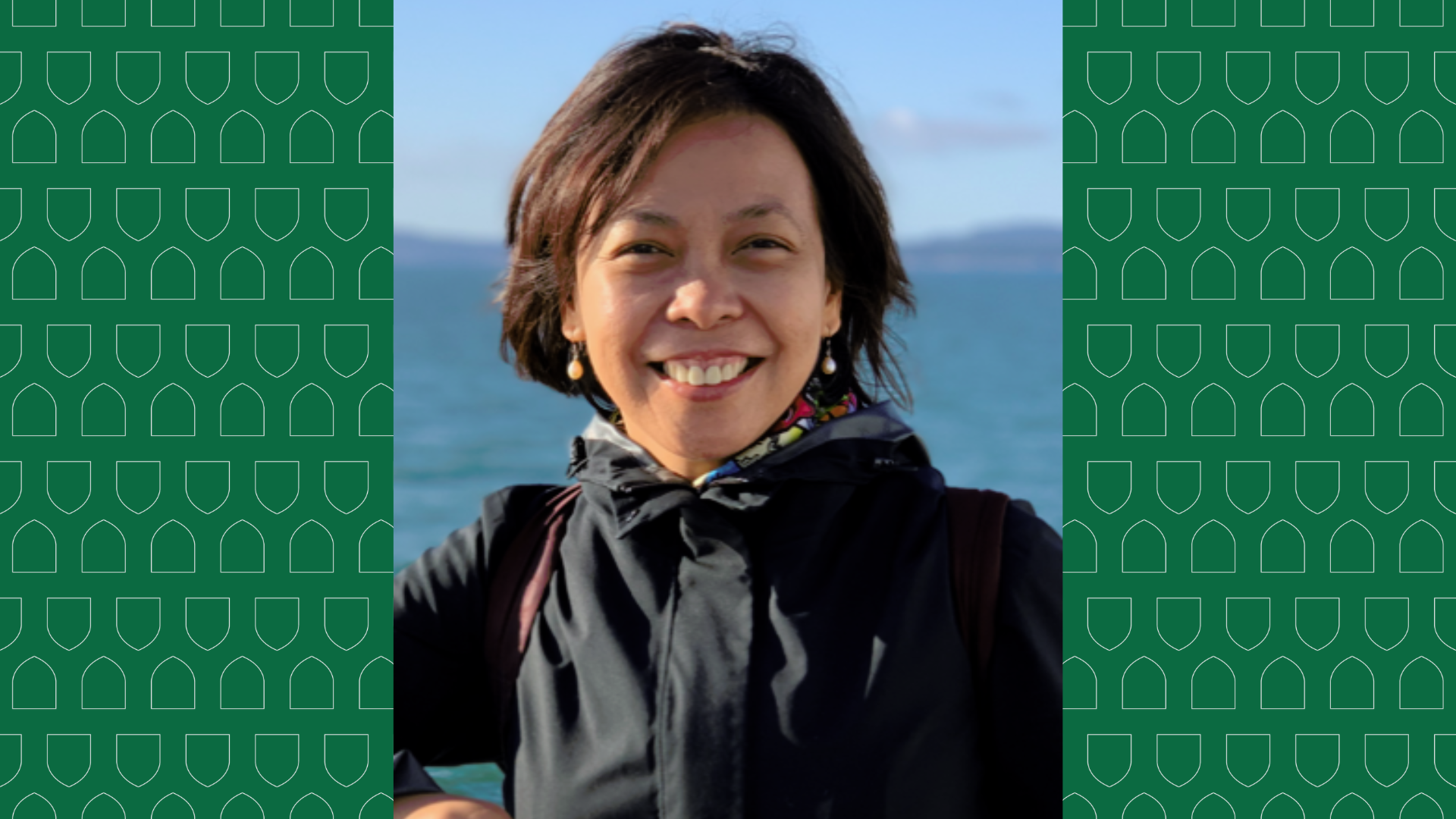
USask doctoral graduate receives international recognition for dissertation
Dr. Penelope Sanz (PhD), a graduate in Interdisciplinary Studies from the University of Saskatchewan (USask), has received the 2022 Illinois Distinguished Qualitative Dissertation Award in the Traditional Category.
The award, presented annually by the International Institute for Qualitative Inquiry, recognizes excellence in qualitative research presented in a doctoral dissertation that investigates social justice issues. Sanz defended her dissertation and convocated in 2019 from USask’s College of Graduate and Postdoctoral Studies.
Her work, titled Mining in Other People’s Land: The Unintended Consequences of Mineral Liberalization in Subanon Land in Mindanao, Philippines, recounts and analyzes the harmful impacts on the communities and ways of life of the Indigenous people, the Subanos, after the 1995 liberalization of mining laws in the Asia-Pacific country.
Eight years of firsthand research in the collection of observations, genealogies, oral histories, interactions, interviews, and analysis of data and records led to her award-winning dissertation.
“I encountered people and situations that transformed me. Some of them remain nameless because I met them in the dark and in heavy downpour because there was a landslide. Without their hands reaching out to me, I would have slipped into a ravine with my heavy backpack. Or, that woman who brought my fever down due to pneumonia when I was stranded in a small island while fielding. So, this award is not mine alone. It also belongs to those whom I encountered in Godforsaken fields of Mindanao, especially the Indigenous Subanos,” she recalled. “With gratitude and prayer, I remember them and many others who welcomed me, a stranger, in their homes and meeting me where I was at, as I endeavoured to meet them where they were at.”
Sanz’s social action research is presented through 10 autoethnographic vignettes. This qualitative research approach draws on and incorporates the researcher’s experience and self-reflection, connecting it to the broader social, cultural, economic, political, and historical contexts. Sanz gave voice to participants through her own experiences following and documenting Subanos leaders and people, and their responses to complex consequences arising from ongoing large-scale mining in a politicized, post-conflict zone.
Supervisors Linda Wason-Ellam and John Thompson reflect that “Penny’s dissertation is original qualitative research in ‘fielding’ and in ‘consequential autoethnography,’ in furtherance of human rights assessment and Indigenous land claims, and restoration of Indigenous People’s way of life disrupted by foreign mining operations. As co-supervisors, we were privileged to accompany Penny in her recounting what Norman Denzin, Emeritus, University of Illinois, called ‘an amazing and inspiring journey.’”
